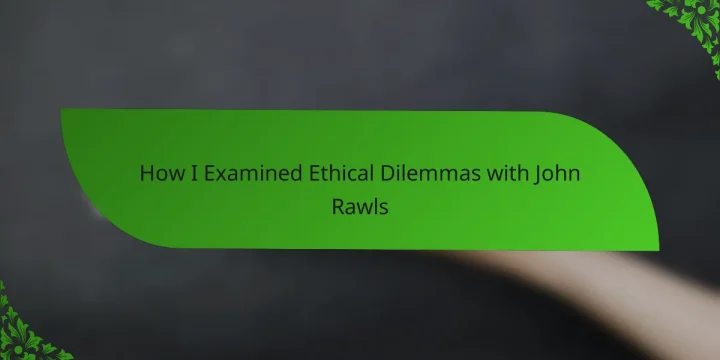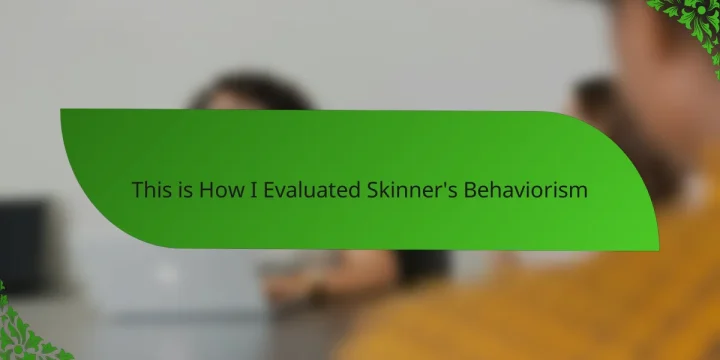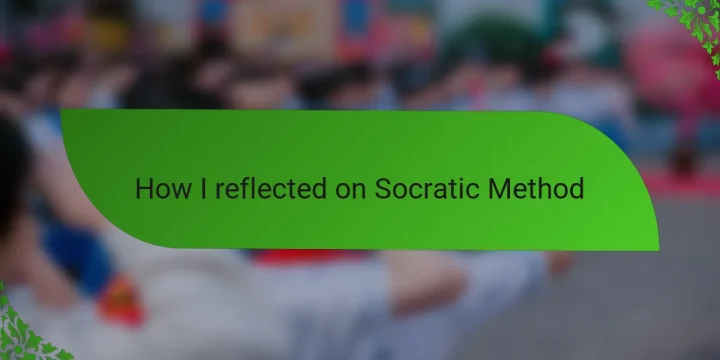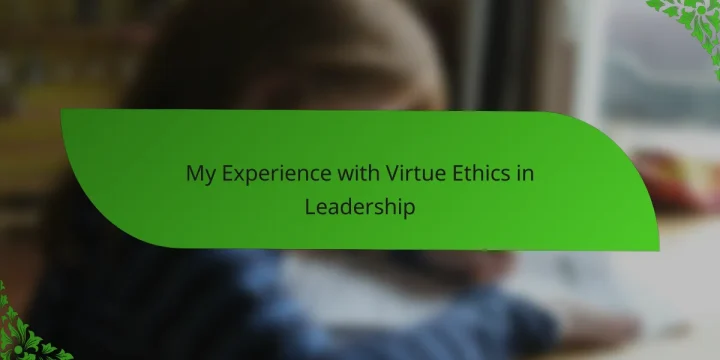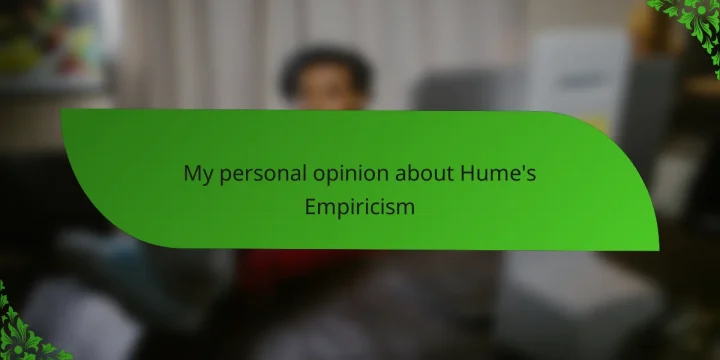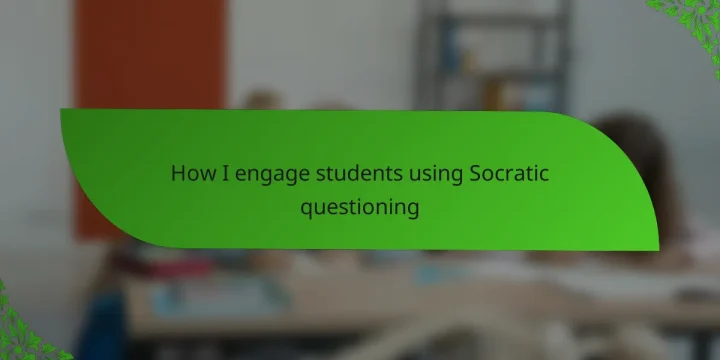
Key takeaways Socratic questioning fosters critical thinking and deeper understanding by encouraging students to challenge assumptions and engage in collaborative dialogue. Key techniques include asking open-ended questions, gently challenging beliefs, and actively listening to create a respectful learning environment. Engaging students involves encouraging them to build on each other's ideas and being mindful of pacing to allow for thoughtful reflection. Overcoming challenges in Socratic dialogue requires creating a safe space for exploration, managing conversation flow, and being patient during moments of uncertainty. Introduction to Socratic Questioning Socratic questioning is more than just a teaching technique; it’s a way of thinking that encourages deep reflection. I recall the first time I used it in class—I asked a simple question, and suddenly the room buzzed with curiosity and thoughtful debate. Have you…

